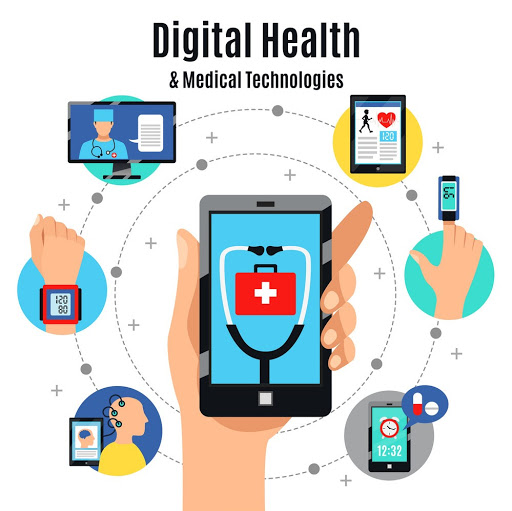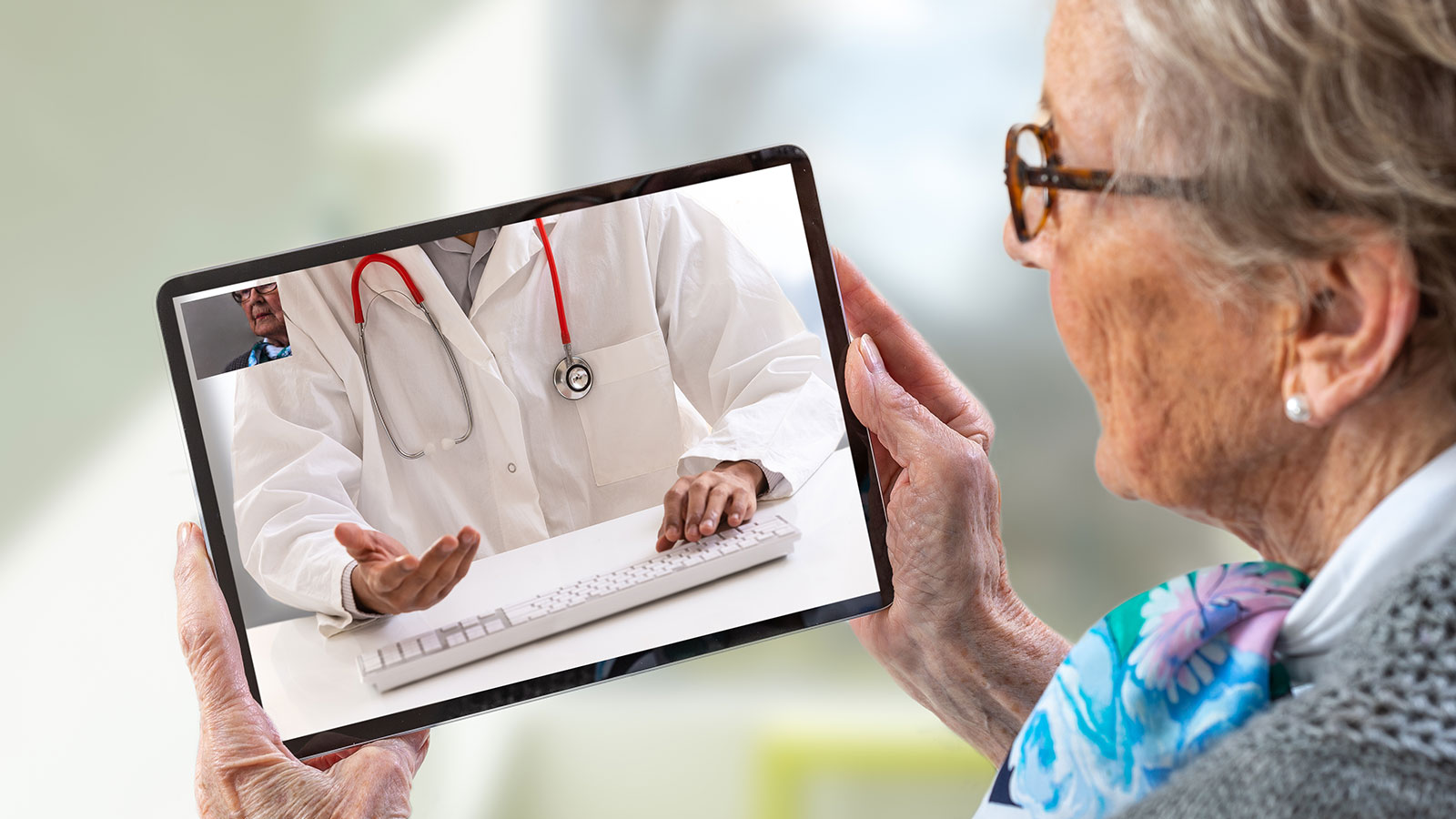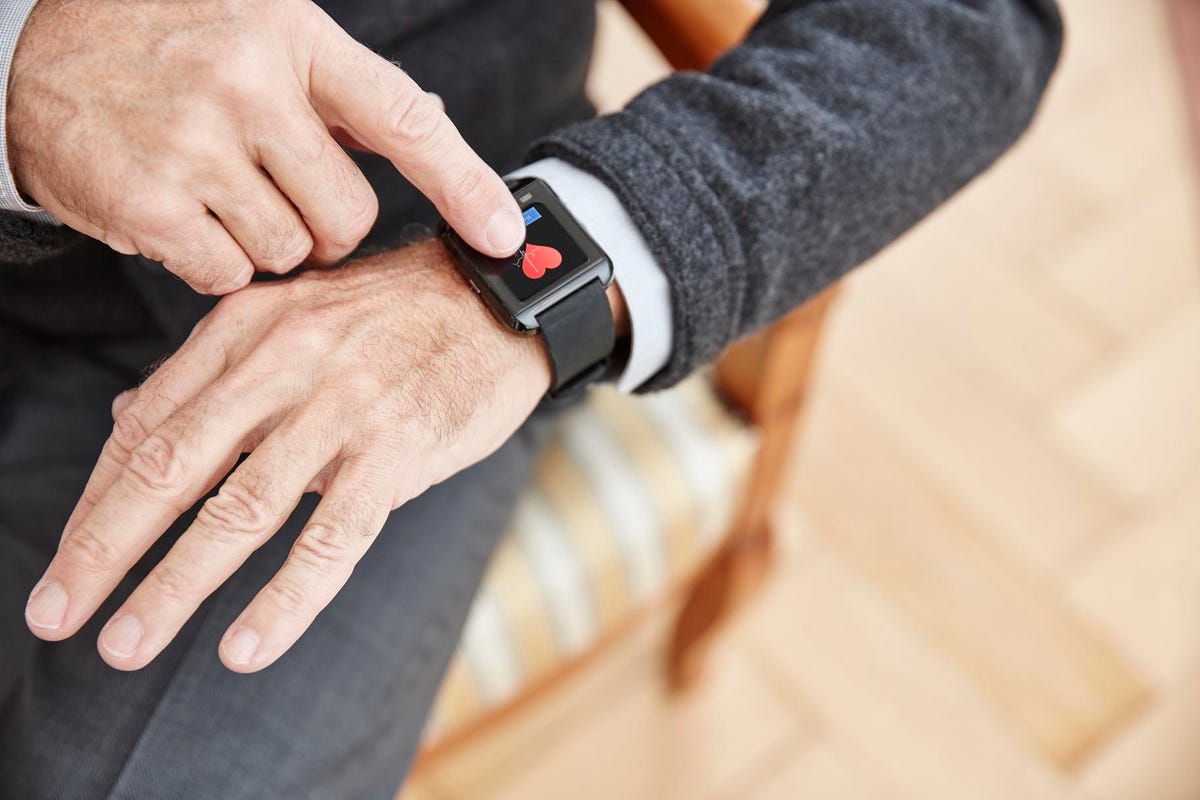
What You Need to Know About Digital Health Technologies
Digital health has several categories which include mobile health, wearable devices, health information technology, personalized medicine, telemedicine, and many more. From software and mobile apps that support the clinical decisions physicians make daily to machine learning and artificial intelligence, digital health technologies are driving a revolution in health care. To fully leverage these technologies, upskilling in the MedTech industry is needed. Remember that digital health tools have a lot of potential to enhance the ability of health professionals to accurately diagnose and treat diseases and to improve delivery of health care for the people.
Digital health technologies utilize computing platforms, software, connectivity, and sensors for health care and associated uses. These technologies have a variety of uses, such as general wellness and applications like a medical device. This is the reason why digital health partnerships are crucial when it comes to the delivery of healthcare. This article discusses what you need to know about digital health technologies.

Digital health explained
Digital health or digital healthcare refers to a discipline that includes a multidisciplinary set of notions, concepts, and ideas. It is the application and implementation of various digital transformation strategies in the healthcare field. It involves incorporating both hardware and software solutions as well as services to facilitate various needs.
In other words, digital health uses technology to improve the well-being of patients or people while also offering them the right tools to be more conscious so that they can know themselves better. In this way, people can make informed decisions about their health.
By making use of connectivity software, platforms, and sensors for healthcare-related use, digital health technologies can cover various uses in different sectors. This includes apps that can alleviate mental health problems and general wellness to the products that operate as medical devices.
You should note that this discipline can also include applications designed to be utilized as a medical product and even those that work as a companion diagnostics. Another relevant usage of these digital health apps relates to scientific research. There are some apps that are implemented in the study or development of medical products. There is a wide range of uses for these various products, but there are also many disciplines, platforms, tools, software, and many more that use these services.
Take note that there are many stakeholders and target audiences for these innovative applications, solutions, and categories. This includes patients, software developers, distributors, practitioners, and medical device manufacturers.
The importance of digital health technologies
Digital tools are offering providers a holistic view of the health of patients through access to data and providing people more control over their health. Remember that digital health also provides real opportunities to enhance medical outcomes and improve efficiency.
These technologies can empower users to make informed decisions when it comes to their health and offer new options for facilitating prevention, management of chronic conditions in untraditional health care settings, and early diagnosis of life-threatening diseases. Providers and other stakeholders are utilizing digital health technologies to reduce inefficiencies, reduce costs, improve access, make medicine more personalized for people, and increase quality.
Consumers and patients can utilize digital health technologies to manage and track their health as well as wellness-related activities. You should remember that the use of technologies like smartphones, internet applications, and social networks is about changing the way people communicate and also provides creative ways for people to monitor their health and wellbeing and offering them greater access to information. These advancements in digital health technologies are leading to a convergence of information, people, connectivity, and technology to improve health care.

No doubt, digital health is creating a tech ecosystem that provides physicians and patients the chance to better monitor and manage their conditions. From the most basic health care services like telemedicine to specific specialized devices as well as software tools that allow them to practice lifestyle medicine, this can be considered to be the value that this technology has for users across the globe.
It can be regarded as a common and simple form of digital health, but telemedicine is important for most consumers. Today, when searching for a medical office or doctor, patients are actively looking at providers who provide at least basic digital services. Also, digital health gives improved solutions for effective digitized health records, treatment, and a more successful patient and provider ecosystem.
People who live in low economic neighborhoods or rural areas, seeing a health professional can mean a long trip or using public transport when they are ill. Some people even fail to travel, risking worsening their health or further worsening a chronic condition. Besides reducing distances, digital health technologies can reduce or even eliminate certain provider costs. You should know that digital technology can lower the number of emergency visits, hospital admissions, and doctor’s appointments.
When it comes to the elderly or even individuals with pre-existing medical conditions, a virtual office visit can allow the patients to stay isolated, so they can protect themselves and any person they can meet during an office visit.

Above all, the good thing about digital health technology is that the processes and techniques tend to do with the creation of an excellent data repository on the key health markers of users across the globe. This is because there are various devices designed to track users’ biometrics. In combination with big data and artificial intelligence, this amount of data can later be utilized to connect the dots between lifestyles of people and different medical conditions while trying to determine how a variety of variables interact with one another. Therefore, there is a chance of concluding whether different choices increase or decrease the possibility of a person developing certain medical conditions.
With patient care, digital health technologies and devices can help to give insight into patient data. This can lead to faster and better diagnosis. For instance, rather than measuring your heart rate at least once a month at a certain time, a medical device can send the data every hour or 24 hours a day. This helps your specialist to monitor the data during in-person appointments so that they can have a more holistic view of your condition instead of a point-in-time when they just get a glimpse of your condition.









